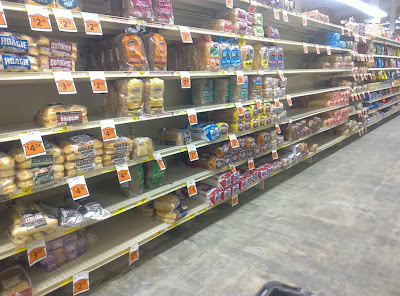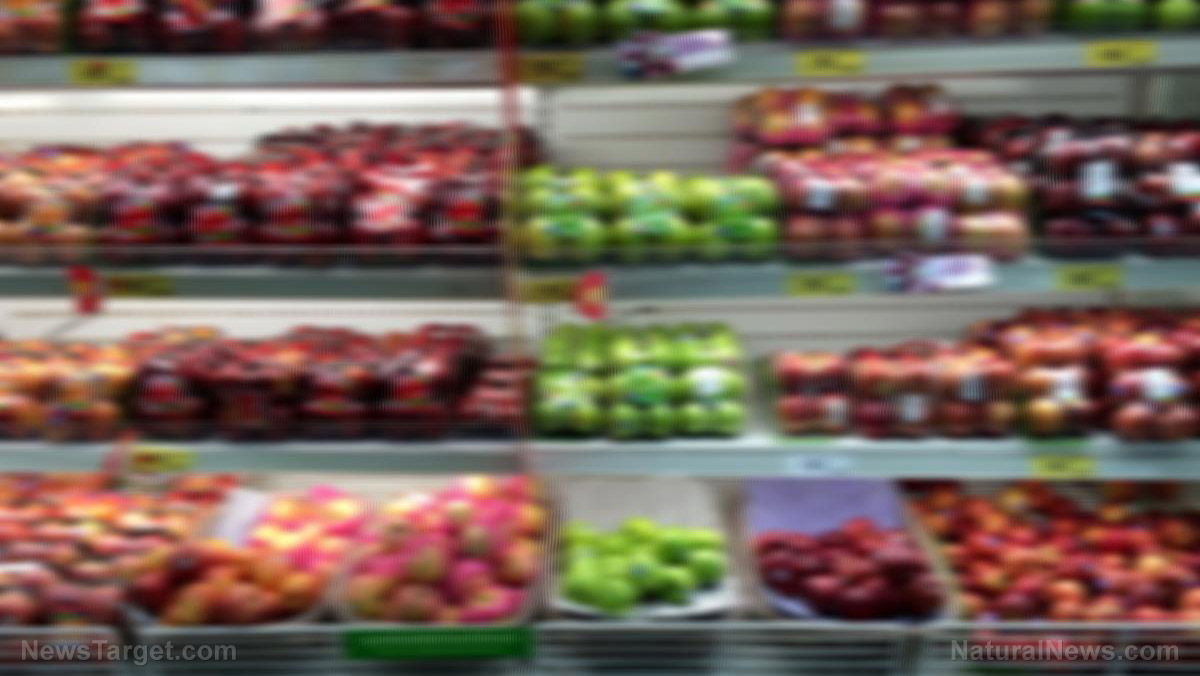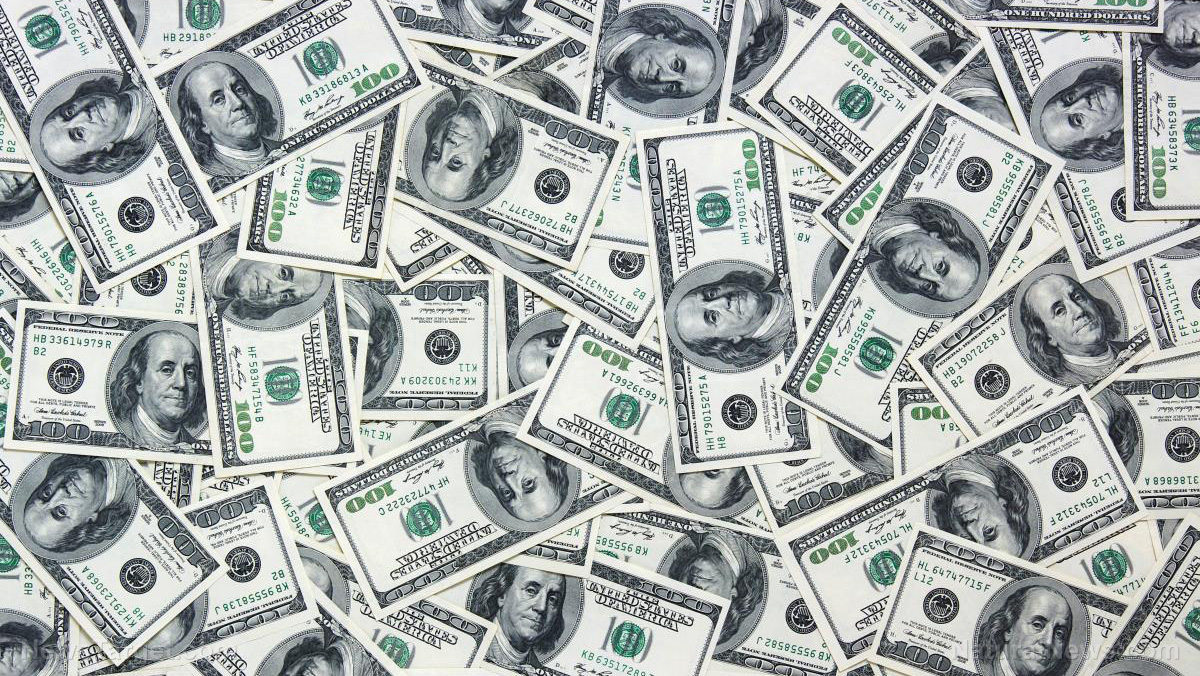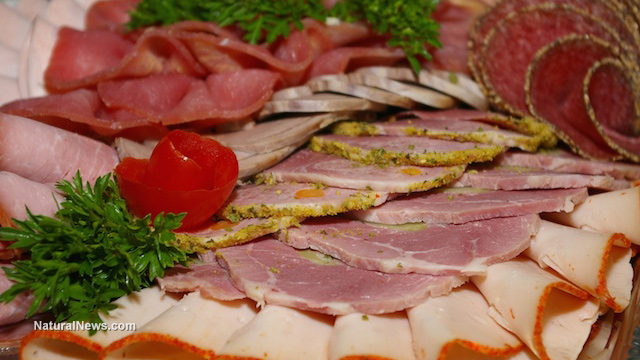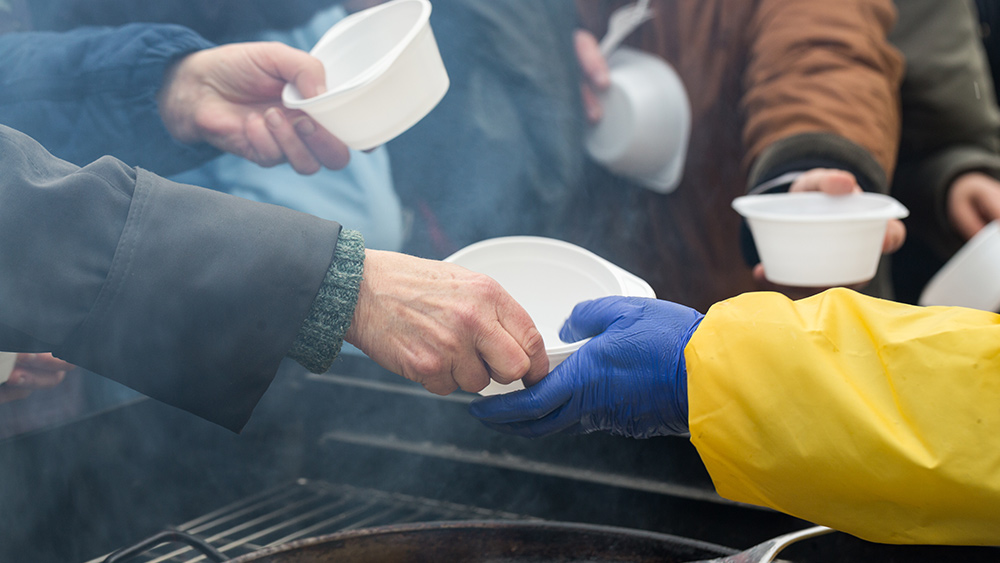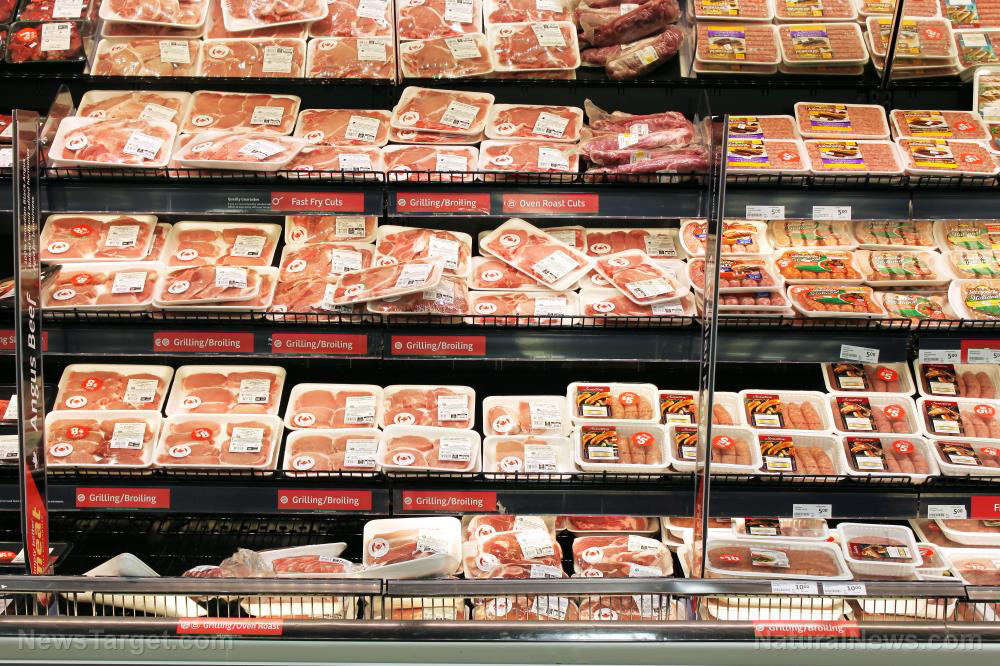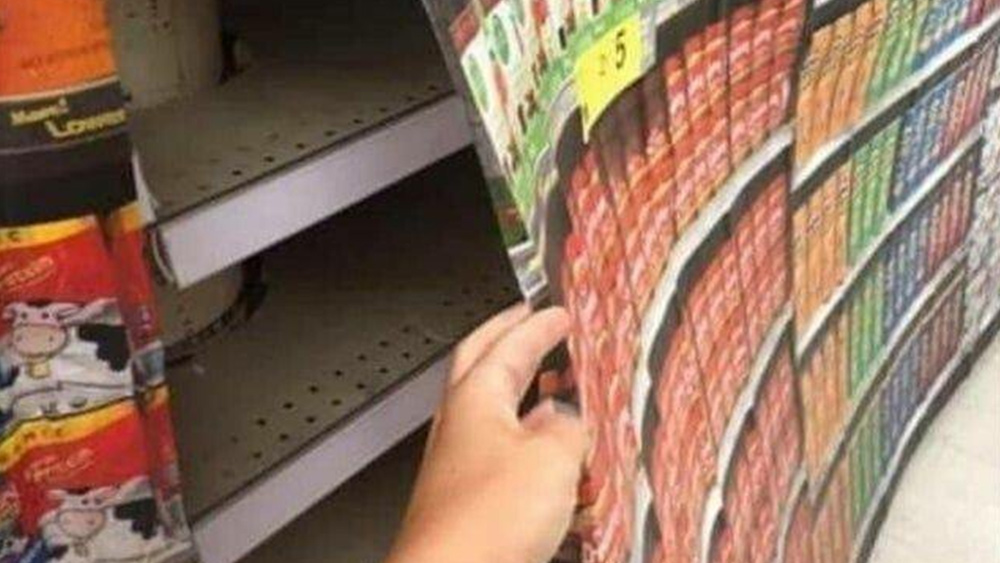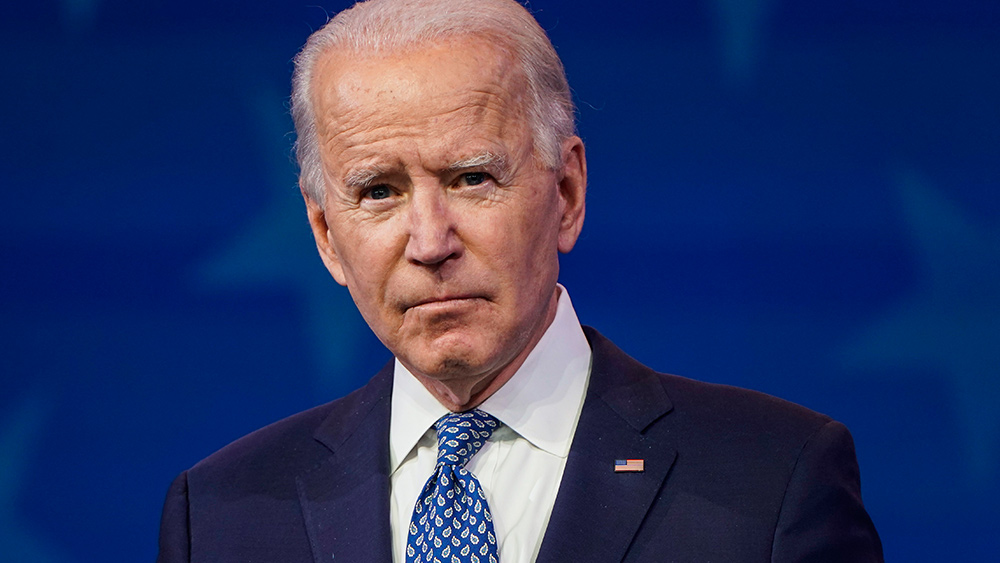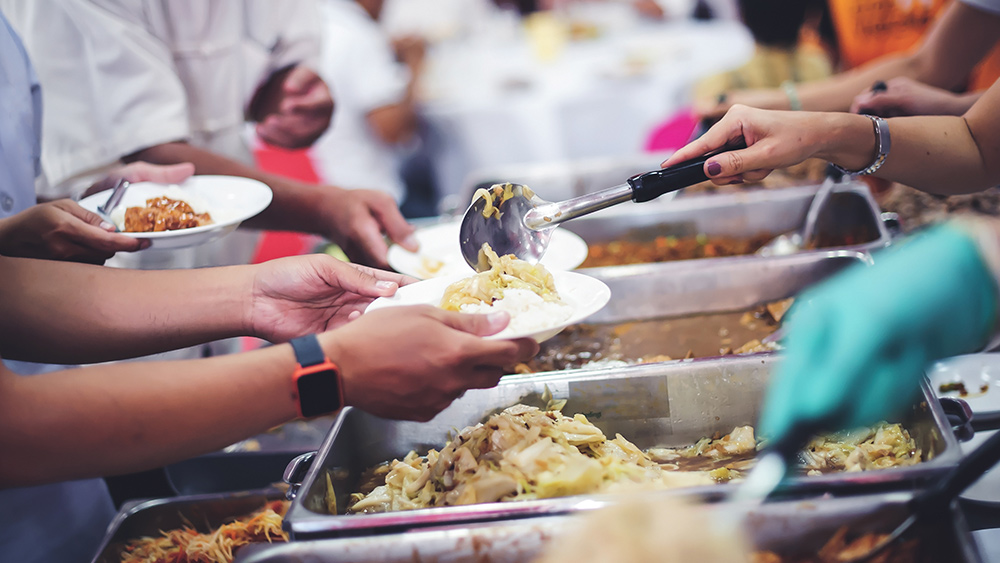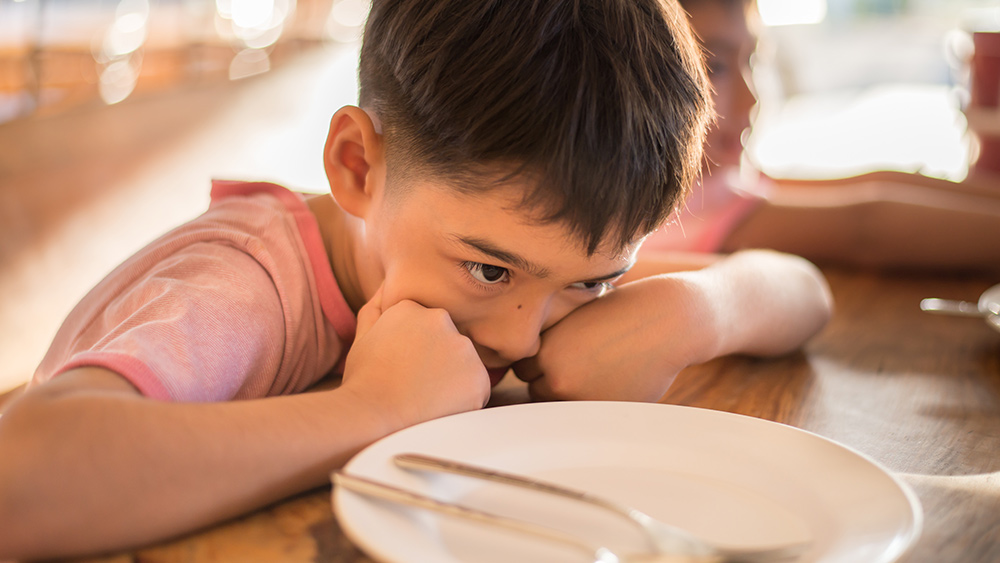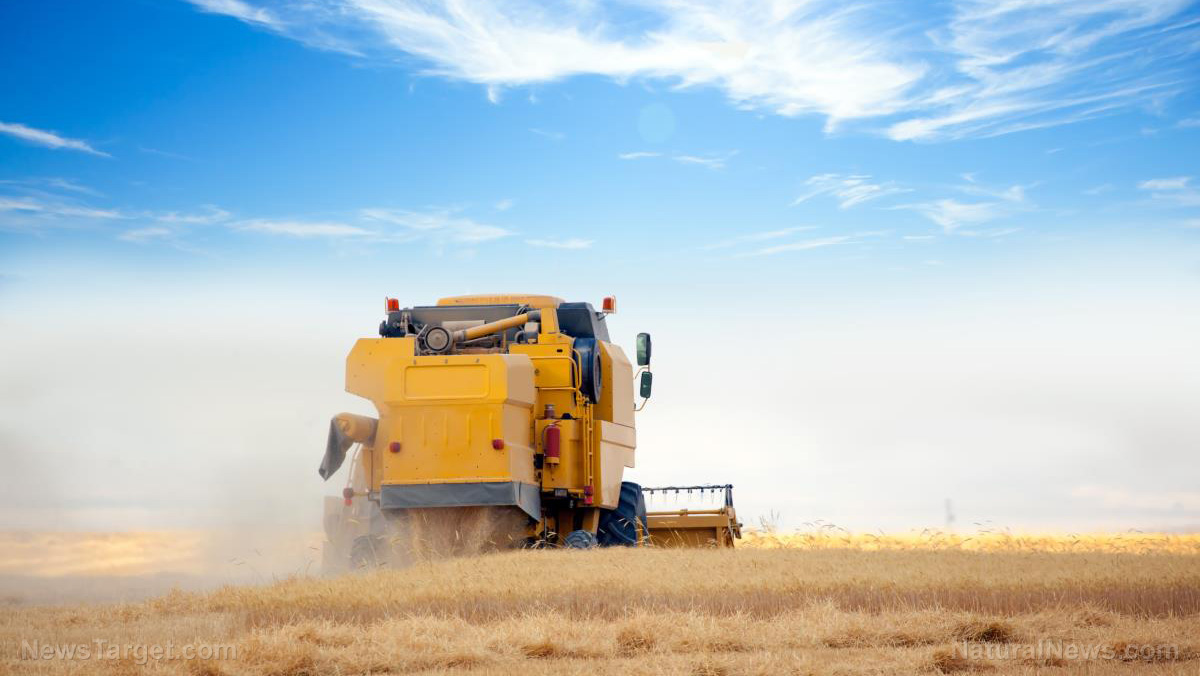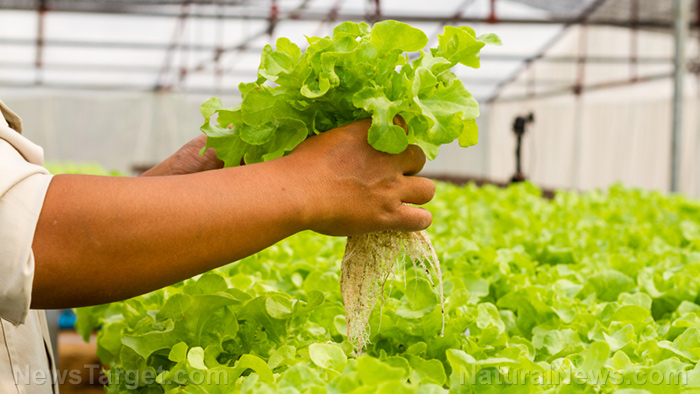FOOD COLLAPSE: South African riots shut down exports of sugar cane, citrus as farms burn
07/15/2021 / By Ethan Huff
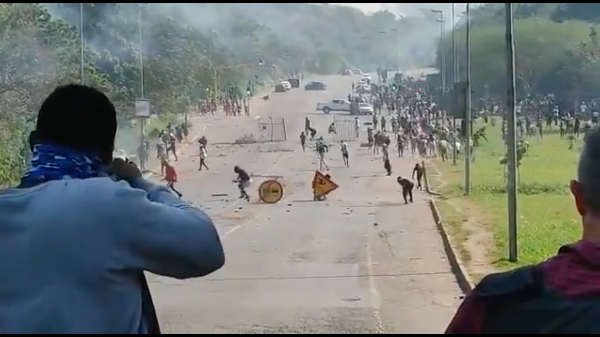
The jailing of former South African president Jacob Zuma has led to widespread protests and civil unrest throughout that country, which is hitting sugar cane and citrus exports hard and creating food shortages.
Looters have been pillaging trucks carrying produce and other goods while cane trucks are being hijacked, mills threatened, and farms set ablaze by arsonists. The chaos is preventing food from getting to market as well as interfering with exports.
“Farmers have already had major losses because they cannot get their products to local markets and to shops,” says Christo van der Rheede, executive director of AgriSA, South Africa’s main agricultural body.
One AgriSA farmer has already reported losing more than $206 million worth of perishable produce that simply could not be transported to its destination. Many area sugar cane farms are also being destroyed by rioters.
“Around 300,000 tons of cane to date have been burnt,” says Thomas Funke, the chief executive of South African Canegrowers. “This is roughly R180 million (roughly $12.38 million) of grower revenue.”
Kwazulu-Natal, the main sugar-growing area of South Africa and one of the hardest-hit provinces in the country, saw all of its sugar mills closed after rioters began to destroy the means of production and transport, as well as the product itself.
Sugar producer Tongaat Hulett also reported that its mills and refinery have been closed due to the chaos, which has seen rioters clashing with police as they sow discord in the streets, loot shopping malls, and even kill people over Zuma’s jailing.
South Africa is the world’s second-largest exporter of citrus, and much of it can’t get to port
Citrus Growers Association chief executive Justin Chadwick told the media that citrus exports out of South Africa have had to be halted because the main arterial roads that the delivery trucks use to get products to port are now closed due to protests.
The Durban port is where more than half of South Africa’s citrus is exported. South Africa is the world’s second-largest exporter of fresh citrus behind Spain, which is number one.
Cyril Ramaphosa, South Africa’s current president, warned that continued disruption to these vital supply chains could lead to shortages of both food and medicine in the coming weeks.
The impact of the disruption is already being seen in Durban, where grocery store lines are growing – at least at stores that are still open. Many of them have had to close their doors due to both unrest and panic buying, which is exacerbating the problem.
“All the shops are closed,” lamented Neli Zulu, a resident of Pietermaritzburg, an area that is being heavily impacted by the unrest. “We are going to run out of bread soon.”
As you may recall from last year, protesters gathered in a much more civil way to speak out against the country’s mask mandates.
During their demonstrations, they burned face masks in the street to show that they would not be going along with the medical fascism dictates that came from the likes of Tony Fauci before quickly spreading around the world.
According to reports, Zuma was jailed over an alleged corruption scandal that resulted in his resignation, followed by an investigation that led to him spending 15 months in prison.
The situation was worsened when the Fauci Virus emerged out of nowhere, sending South Africa into an economic tailspin that drove up poverty while further enriching the wealthy – sound familiar? Consequently, unrest is reaching a fever pitch there due to numerous coinciding factors.
More related news about civil unrest in South Africa can be found at FoodCollapse.com
Sources for this article include:
Tagged Under: chaos, citrus, civil war, Collapse, crops, damage, exports, food supply, Kwazulu-Natal, looters, riots, South Africa, starvation, sugar cane, uprising
RECENT NEWS & ARTICLES
COPYRIGHT © 2017 STARVATION NEWS

